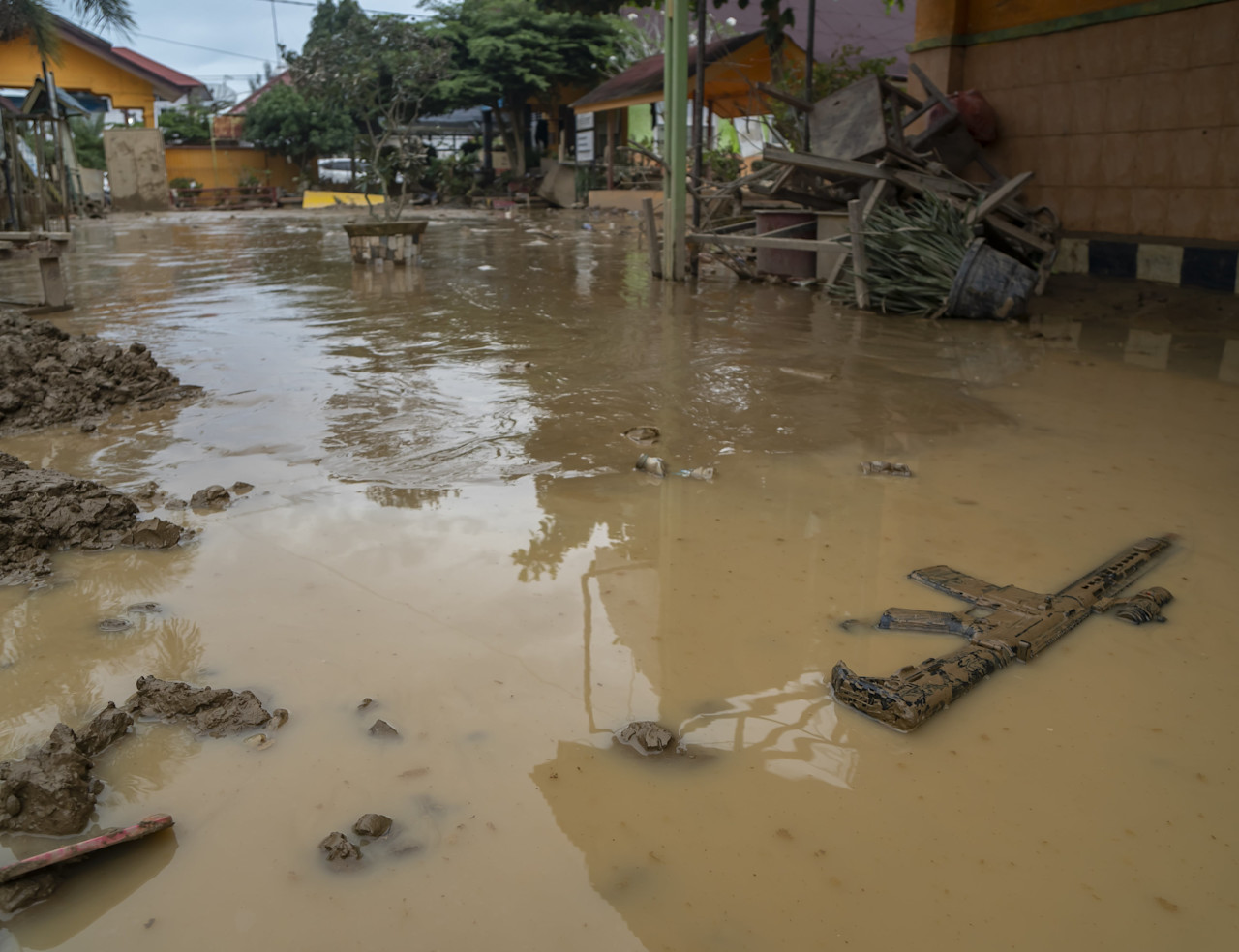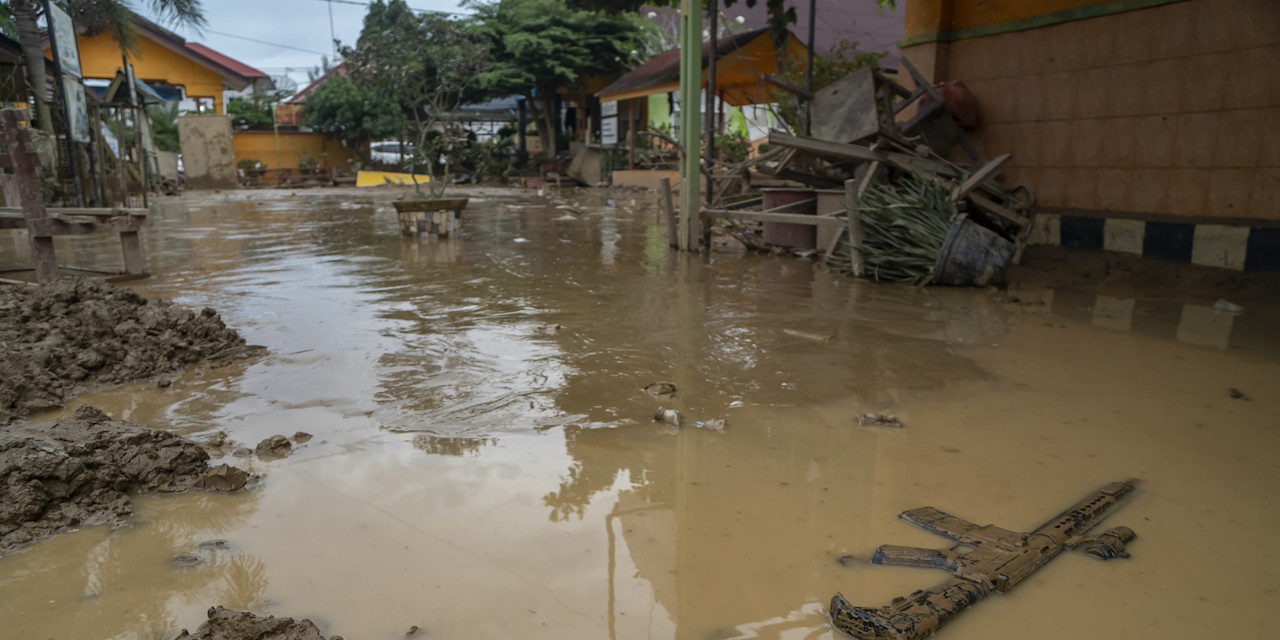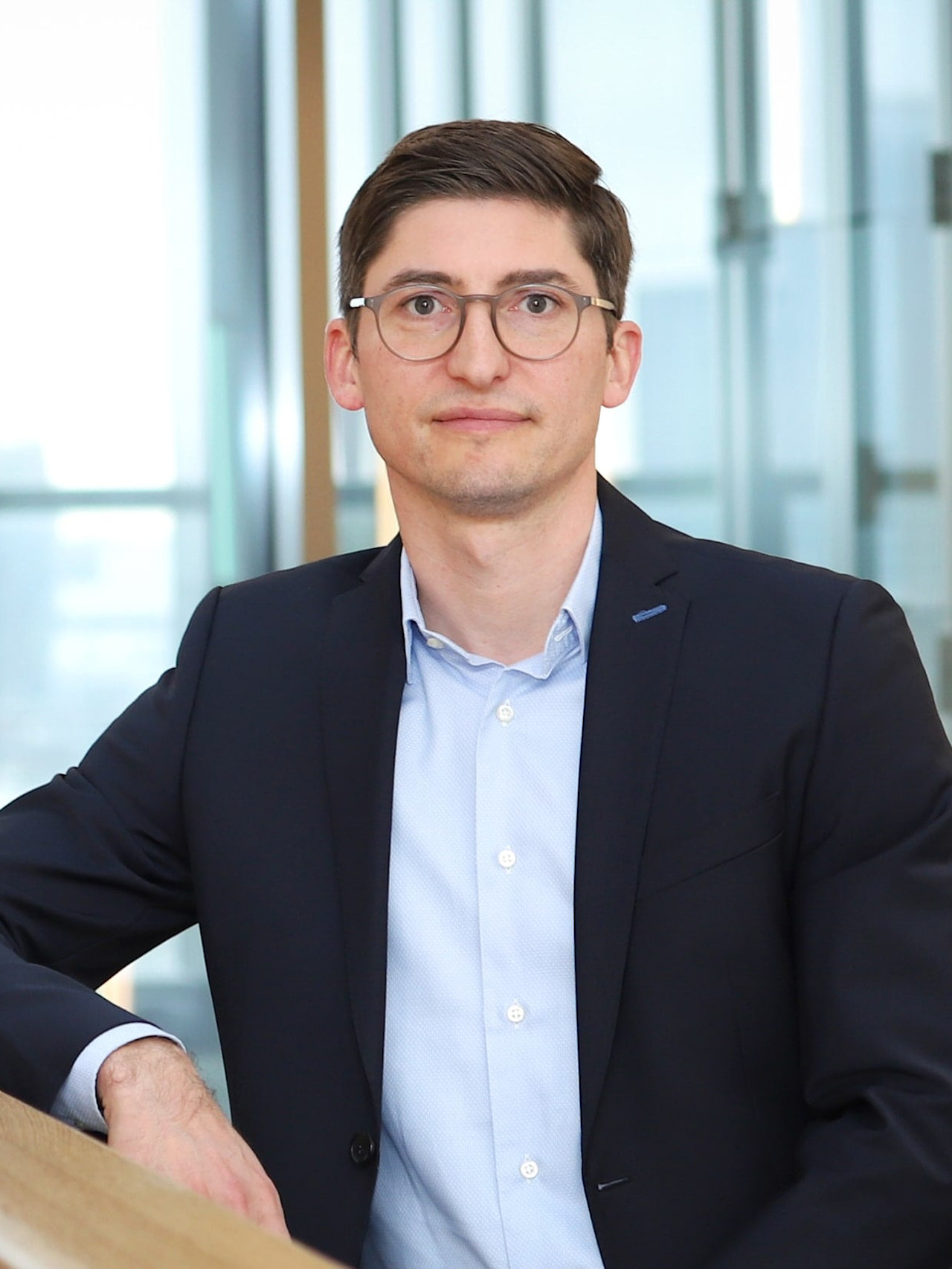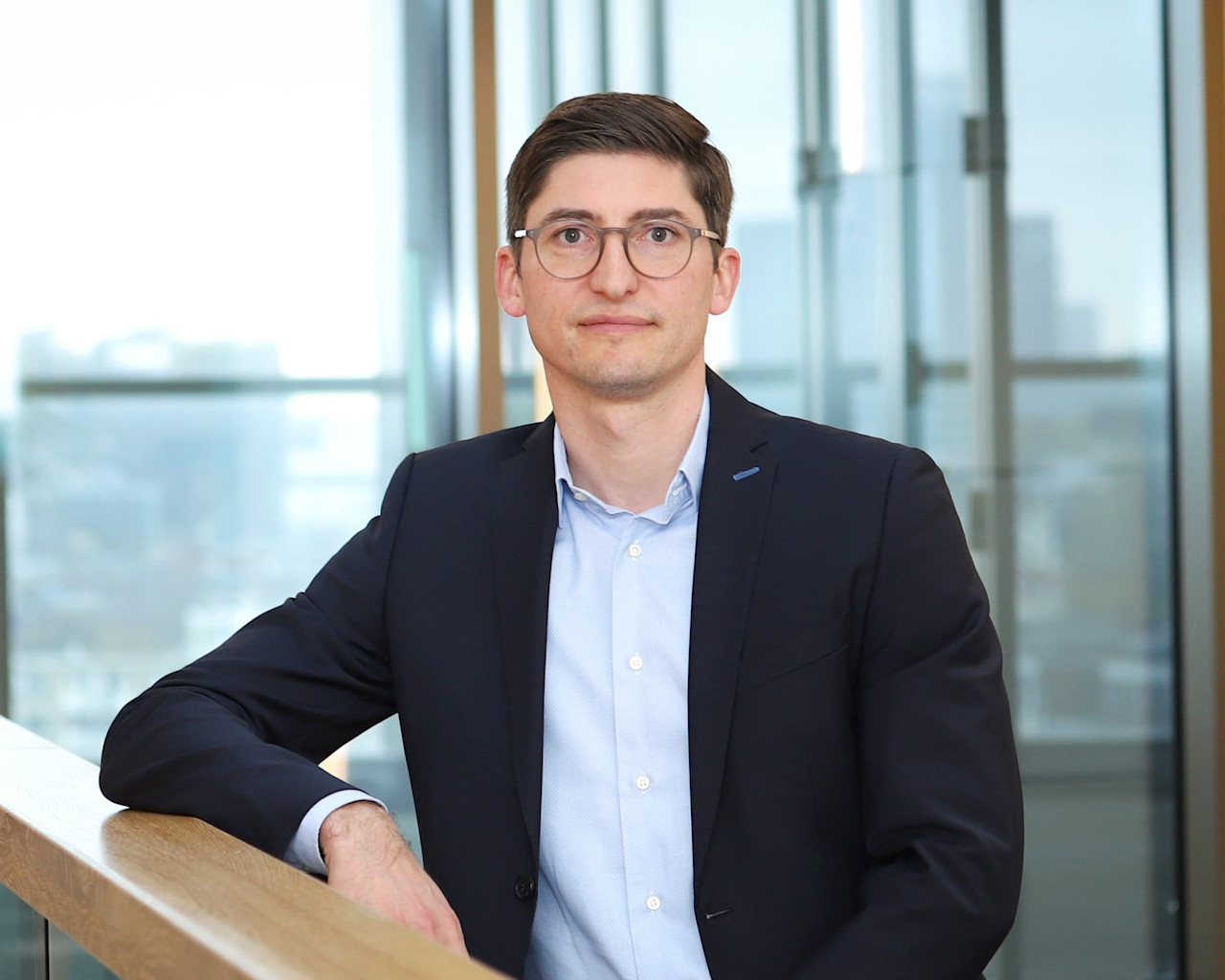

Five years of SDGs, five lessons learned
The UN’s Sustainable Development Goals (SDGs) celebrate their fifth anniversary this month – so, what have we learned? A great deal, but with much still to do, says Robeco’s SDG Strategist, Jan Anton van Zanten.
Resumen
- Five lessons learned since the SDGs began on 25 September 2015
- The SDGs are good for business, but more investment is needed
- The 17 goals are not homogenous but overlapping on each other
For one thing, they have crystalized understanding about sustainable development, allowing it to move from an ill-defined notion with different interpretations, to a blueprint for a better world with 17 specific goals, with 169 underlying targets and 232 approved and measurable indicators.
For another, it is a global agenda that applies to rich and poor countries alike. Their predecessor, the Millennium Development Goals, were primarily applied to emerging markets and were much narrower in terms of the sustainability topics they addressed. And the SDGs call on everyone in society to contribute, from governments to private companies, charities, scientists and individual people.

“Combined, these characteristics have led to the SDGs becoming a North Star for sustainability,” says Van Zanten, SDG Strategist at Robeco. “The SDGs aim to improve the lives of everyone, regardless of whether they live in Swaziland or Switzerland. And they make total sense. If we follow their ambition, we will improve well-being and likely also grow wealth, offering returns for investors.”
“The attention that the SDGs have gained is incredible. Now, five years later, we’re moving into the implementation phase of the SDG agenda. We must ensure that we translate this momentum into impact.”
So, what have investors learned, five years after their adoption on 25 September 2015, a date which is designated as SDG Action Day in the Netherlands. Van Zanten, who is writing a PhD on the role of companies in achieving the SDGs, identifies five main lessons.
“The 17 SDGs present a massive business opportunity in investing in the sustainable future of people and planet. These range from investing in infrastructure, housing, food and medicines, to renewable energy, providing finance and insurance to those that need it, and means of cutting waste. One estimate suggested the SDGs could mean as much as USD 12 trillion of market opportunities per year. The SDGs also provide a means of identifying and then mitigating risks. Not understanding the trend of the transition to a lower-carbon economy, for example, may pose a real risk of having a business rendered unviable by changing consumer demand or regulation.”
Lesson 2: There has been some progress, but it’s far from enough
“Some progress has been inspired by the SDGs. Since 2015, the number of women elected to parliaments has risen from 19% to 24% (SDG 5: gender equality); 17.5% of total final energy consumption now comes from renewables (SDG 7: affordable and clean energy); and the portion of the ocean now legally protected has more than doubled to 17% (SDG 14: life below water). But at the same time the challenges are, unfortunately, alarming: biodiversity is eroding at unprecedented rates, the world continues to warm, inequality is widening and hunger is on the rise. Meanwhile, the Covid-19 pandemic is an unparalleled health challenge with dire economic consequences. There remains a massive funding gap of between USD 2.5 and USD 3 trillion in investment that is still needed each year in order to meet the goals by 2030.”
Lesson 3: The 17 SDGs are not homogenous but inter-related
“The 17 SDGs are not isolated silos, they are interconnected – eradicating poverty (SDG 1) gives people the means to end hunger (SDG 2) and thereby improve their health (SDG 3). But there are also negative overlaps; building infrastructure (SDG 9) typically means increasing greenhouse gas emissions, making it harder to solve climate change (SDG 13). Agriculture accounts for 70% of water withdrawals, assisting with SDG 2 (zero hunger) but adversely impacting SDG 6 (clean water and sanitation), while the use of fertilizers and pesticides threatens life on land (SDG 15). The only way in which the SDGs will be achieved is if we manage these interactions: negative interactions, or trade-offs, must be avoided or mitigated, while positive interactions bring opportunities for advancing multiple goals at the same time, thus creating bigger impacts across a wider scale.”
Lesson 4: The SDGs need investors
“At Robeco, we believe that investors can make a difference. One way is to allocate capital to companies that can help achieve the goals. This can mean buying the equities or bonds of companies that contribute to one or more SDGs, and avoiding financing the companies that are not in line with them. We also innovate to create investment vehicles that direct capital towards solutions, like our Smart Energy, Healthy Living, Sustainable Water, Green Bonds and SDG strategies. A second way in which investors can make a difference is through active ownership. By using our position as active owners, we can use voting and engagement to effect changes. Robeco’s engagement with energy company Enel, for example, led to the appointment of a wind power expert as a climate competent director. By nominating a director with climate experience, the goal is to help Enel move away from fossil fuels and towards renewables, and become carbon neutral by 2050.”
Lesson 5: It’s time to shift from inputs to impacts
“Investment focuses on putting money into a company, but a broader mindset is needed to measure what this money achieves regarding the SDGs. While we can (and do) quantify the value of our investments that positively and negatively impact the SDGs, we are also looking further to assess what impacts our investments have on improving people’s lives and promoting environmental sustainability. For example, we estimated that for each EUR 1 million invested in the RobecoSAM Sustainable Water strategy, 47 million liters of clean water is distributed, equal to the water use of 430 European households. Such insights help identify which companies make the best contributions to the SDGs, at the lowest costs.”
Rolling up our sleeves
“So, while much has been achieved, much still needs to be done,” says Van Zanten. “Looking ahead, the science is clear: sustainability is the only way forward. Covid-19 is a vivid illustration of what happens when we don’t heed the warnings from scientists – we need to learn to manage these risks. At the same time, we are continuously on the look for future investment opportunities.”
“The SDGs are a global blueprint for achieving just that. They stipulate long-term business opportunities in a world that would have lower business risks if we embrace this challenge.” “Let us all therefore go further and faster in contributing to achieve the SDGs. We have a lot of financial weight in our sector, so let’s use it. We have a choice: we can invest in companies that help meet these needs and still harvest alpha.”
“Now that the SDGs are celebrating their fifth anniversary, a ‘Decade of Action’ has kicked off to ensure these goals are achieved in the next 10 years. Let’s roll up our sleeves and take these lessons to make it happen!”
Acceda a las perspectivas más recientes
Suscríbase a nuestro newsletter para recibir información actualizada sobre inversiones y análisis de expertos.






















